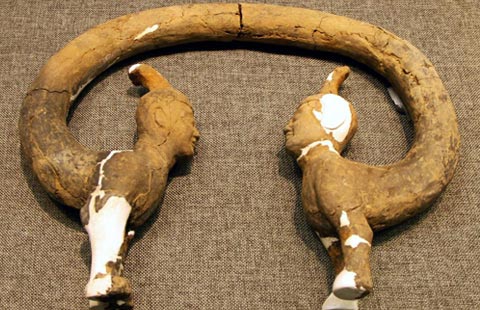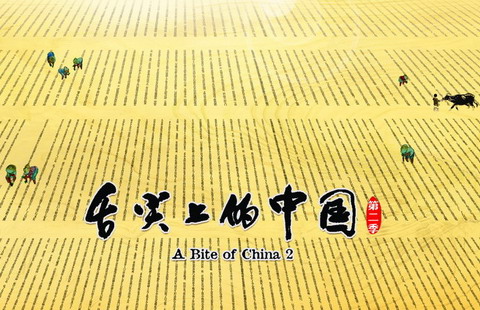Life training for death
By Zhang Lei ( China Daily ) Updated: 2014-04-20 17:14:08Students or doctors who've worked in an emergency room, cancer treatment department or intensive-care unit should write their personal stories about when they've faced death so other doctors can identify with them, he believes.
Fudan University professor Hu Zhihui, who also teaches Marxism, started a similar course called Life Education.
His approach is to coach students to select their own death-related topics. About 20 sit in a circle and each shares an experience with death-be it of a friend who committed suicide or a relative who died of disease. Sessions appear more like a self-help group than a university course.
"I don't talk theory in class," Hu says.
"I dedicate most of our time to enabling students to share their experiences. I believe a person's own experiences with death can have the greatest impact. So, in this class, we shed our heavy moments and identify the sparkles of humanity.
"This course will not give answers or reveal how to endure death. But we enrich our lives through others'. So we're more tolerant and understanding of life."
Wang takes a different tact.
He tells each semester's first class: "I'm 55 years old. You guys are on average 25. Who's closer to death?"
The students all laugh.
He responds: "You laugh because I'm much older than you-hence I seem closer to death than you. But death can come upon any of us suddenly. So we all keep an equal distance from it."
Wang believes the dissemination of knowledge about death is useless because knowledge is not faith, and death discussions should relate to one's personal beliefs. He hopes to unleash in his students a sentiment about death that can move people and touch the soul.
|
|
|
|
|
|
|
|

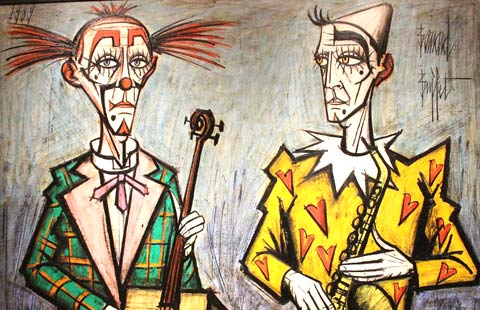


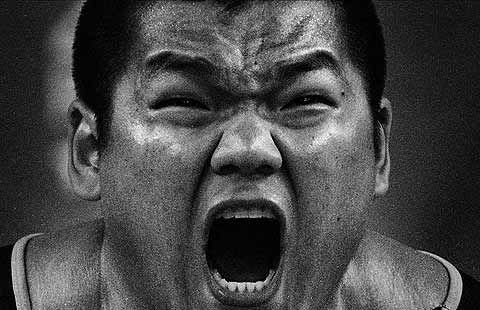
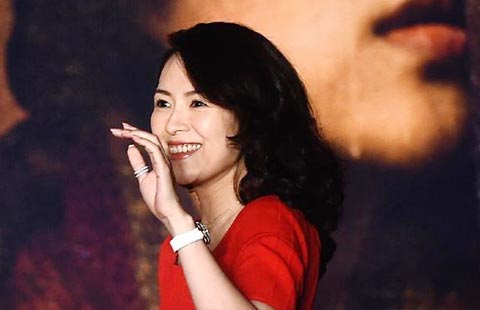

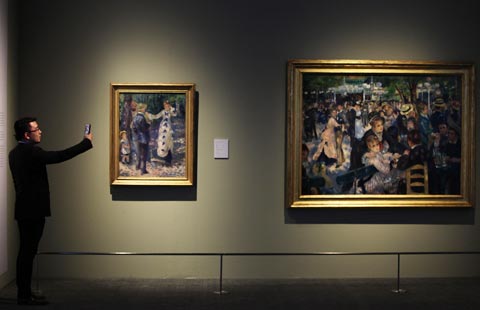




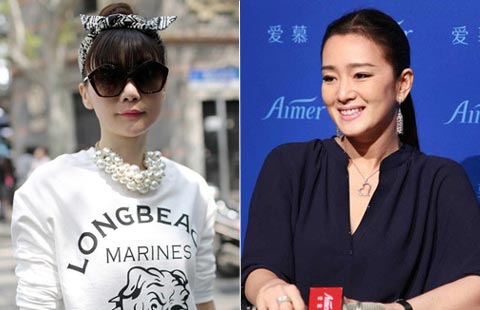






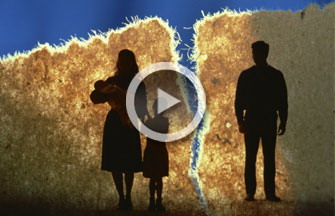


 Raymond Zhou:
Raymond Zhou: Pauline D Loh:
Pauline D Loh: Hot Pot
Hot Pot Eco China
Eco China China Dream
China Dream China Face
China Face

